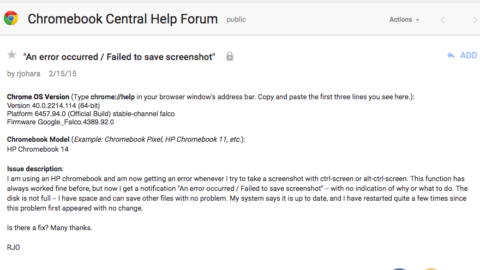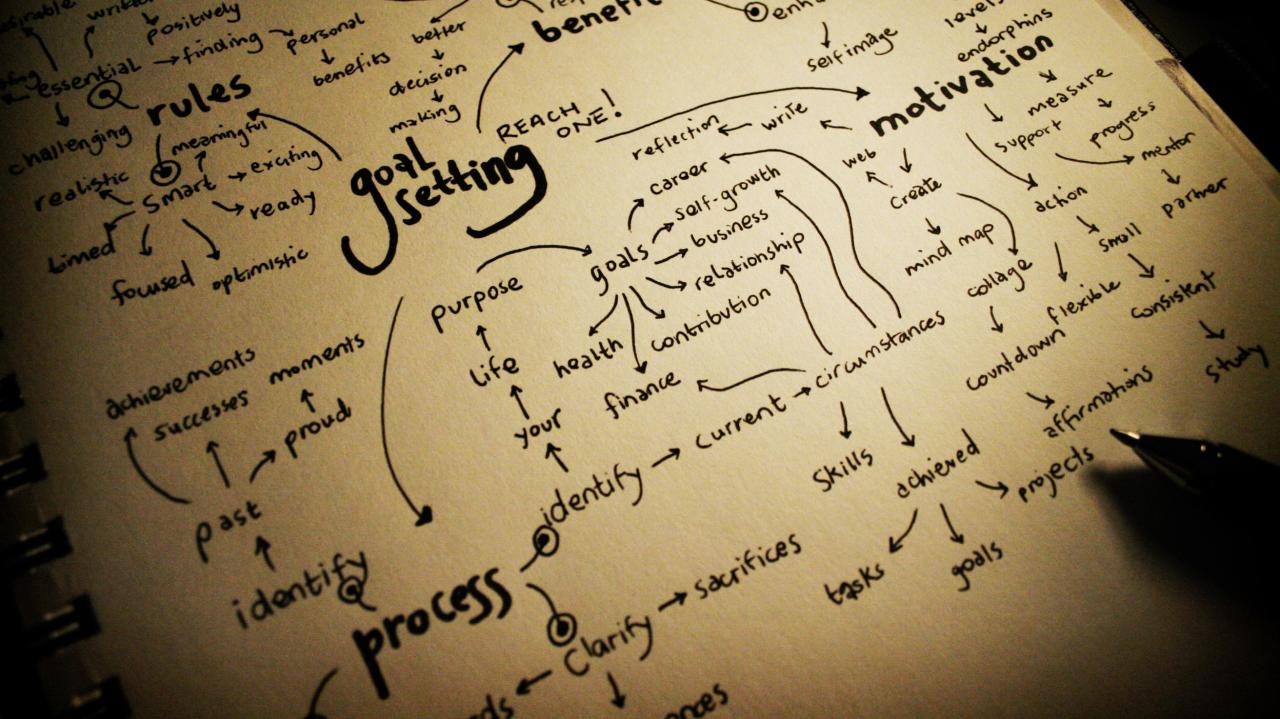(Circa 2017).
So, I’m unpacking the 7 lessons I learned through my latest job transition–pivot is what I called it. I am six months down the road and into the new assignment, so these lessons mean more as the days pass, and I see the value they bear out in this new chapter.
I think of my work experiences as the ongoing iterative process, applying every lesson to the next assignment.
Here are the 7 Lessons:
1. Don’t work so hard, and make peace with “not knowing”– it is the path that leads to astonishment.
In the past 6 years I have sustained on average 10-12 hour days, 60-70 hour weeks, primarily because I took over marketing departments in companies where the CEO(s) had high expectations for growth and little to no digital marketing infrastructure. To get results, there were herculean efforts to build new websites, content (1200 pieces in one case over 6 months), email marketing campaigns, all while refreshing/rebuilding the brand and messaging. At the end of the day, no matter the role I may have, it is my responsibility to set expectations for myself and those around me.
2. Create an environment of “process and milestones” rather than “urgency and performance orientation.” Performance orientation is a wicked master. Process produces growth and life; performance produces competition and criticism.
3. Celebrate each person’s unique wiring, always learning about each team member’s personality, for the purpose of communicating clearly and affirming each person’s role on the team (including where there are gaps).
4. When life events shove you down, push back back really hard. The things we cannot control are the things that reveal what is really inside of us. Resilience is revealed in hard times. Prepare today to push back tomorrow, knowing that it is not a matter of “if” but “when” trials come.
5. Distinguish between “Ideal Career” and “Ideal Work.” Remember “Ideal Career” is a trap because the notion of a career is retrospective; it’s what you describe when you look back. Today’s demands are for the “Work” you are doing. Stay focused on providing for you and your family, and keep making decisions (some of them small and hardly consequential in the moment) that take you closer to your Ideal Work, and not away from it. But above all, don’t paint yourself into a corner of “either-or” regarding the work you do. All work teaches us if we allow it.
6. Who, who, who. It’s always about who. While revenue goals are important (we don’t have jobs without them), at the end of the day, it’s the growth in people, with people, through people that matters. Everything else, ultimately, fades and is forgotten.
7. It’s what has been trained into you that comes out–not the stated goals and expectations that you set for yourself. Therefore, goals define the path to new ways of thinking and acting. Another way to think of it is: “Operationalize your goals.” Consider what changes in your thinking and actions lead to the goals you have defined for yourself. Then, pursue these “right ways” by practicing and practicing and practicing.










